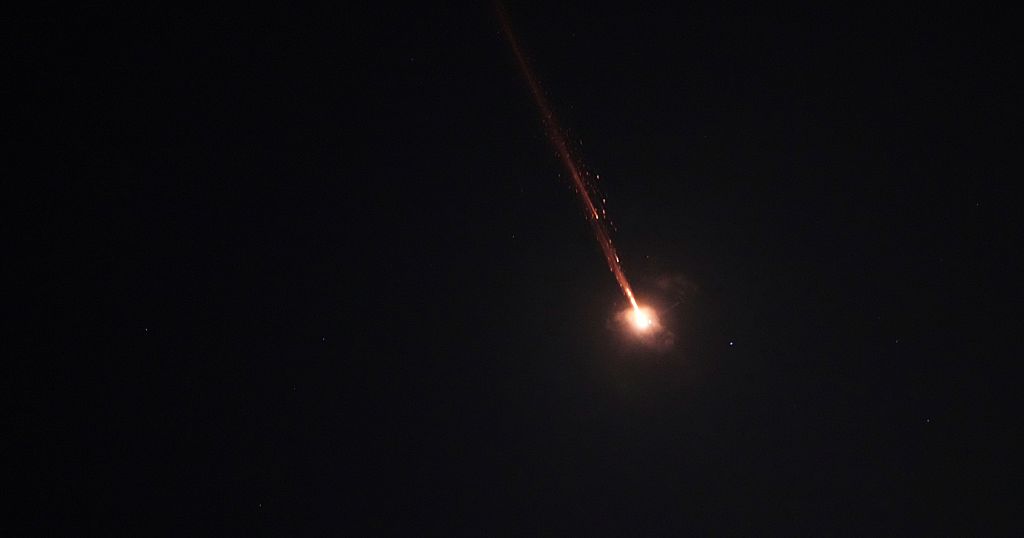Iran-Israel Conflict Escalates with Missile Exchanges and International Reactions

An alarming escalation of hostilities unfolded between Israel and Iran early on Saturday, as both nations engaged in missile and airstrike exchanges. The conflict intensified after Israel launched its largest-ever air offensive against Iran, aiming to prevent its long-time foe from developing nuclear weapons. Air raid sirens blared across Israel, including major cities like Tel Aviv and Jerusalem, forcing residents into shelters as successive waves of Iranian missiles were met by Israeli interceptors.
The Israeli strikes, codenamed Operation Rising Lion, targeted over 100 sites across Iran, including crucial nuclear facilities, military installations, and missile sites. Key targets included the Natanz underground nuclear site, where the above-ground pilot enrichment plant was reportedly destroyed, as well as the Fordow fuel enrichment plant and facilities in Isfahan. Israel’s Prime Minister Benjamin Netanyahu declared that the attack was “just the beginning” and that “more is on the way,” emphasizing the goal to dismantle Iran’s nuclear program and eliminate an existential threat. The assault also resulted in significant casualties, with Iran reporting 78 people killed, including senior military officials like Gen Hossein Salami, Maj Gen Mohammad Bagheri, and Maj Gen Gholam Ali Rashid, along with six nuclear scientists. More than 320 people, predominantly civilians, were reportedly injured.
In retaliation, Iran unleashed hundreds of ballistic missiles in multiple waves, with explosions heard across Tel Aviv, Jerusalem, and Rishon Lezion. The Iranian state news agency IRNA confirmed further strikes, and the Fars news agency reported two projectiles hitting Tehran’s Mehrabad airport, a site close to key Iranian leadership and hosting an air force base. Tragically, a man and a woman were killed in central Israel by a direct missile impact near their homes in Rishon Lezion, and dozens more were wounded across the Tel Aviv area. Iran’s Supreme Leader Ayatollah Ali Khamenei vowed “heavy blows” and warned of dire consequences for Israel, while Israel’s Defence Minister Israel Katz accused Iran of crossing “red lines” by targeting civilians and pledged that the Ayatollah regime would “pay a very heavy price.” A missile fired from Yemen by the Iran-backed Houthi militia also killed five Palestinians in the Israeli-occupied West Bank.
The United States played a complex role, assisting Israel in shooting down Iranian missiles while simultaneously attempting to distance itself from direct military involvement in Israel's initial strikes. U.S. President Donald Trump claimed foreknowledge of Israel's plans, stating he had given Iran a 60-day ultimatum to negotiate a nuclear deal, and now framed the conflict as a “second chance” for Iran to come to the table. He praised the Israeli attacks as “excellent” and warned of “more brutal” actions if Iran refused to negotiate, while highlighting Israel’s use of U.S.-provided weaponry. Despite this, U.S. officials like Marco Rubio and McCoy Pitt stressed that Washington was not militarily involved in the strikes, though it provided “exquisite” intelligence and shifted military resources in the region to guard against retaliatory attacks. Talks between the U.S. and Iran, scheduled for Sunday in Oman, faced uncertainty, with Tehran's foreign ministry spokesperson stating that Washington's actions made dialogue










